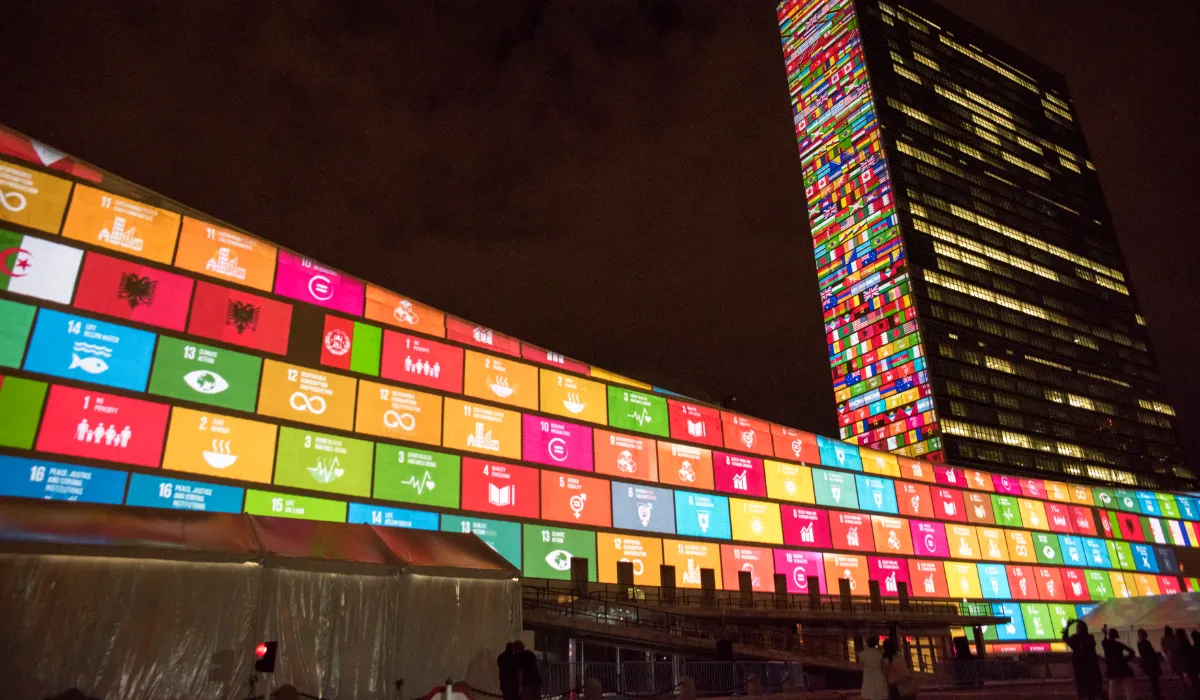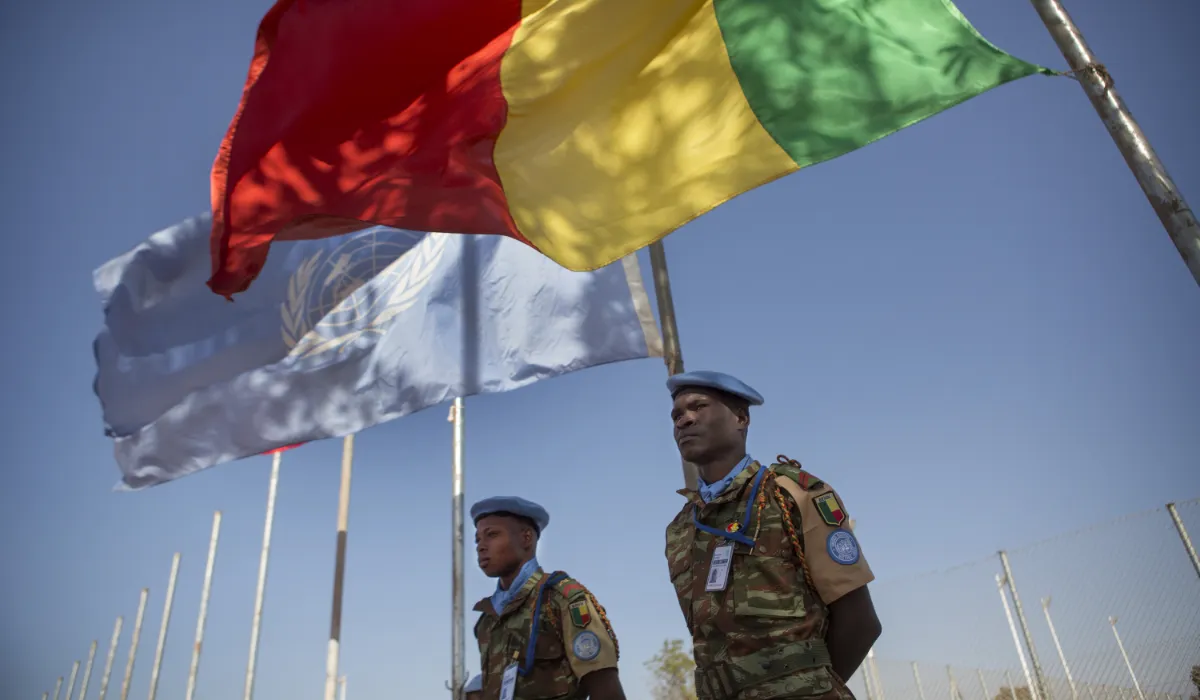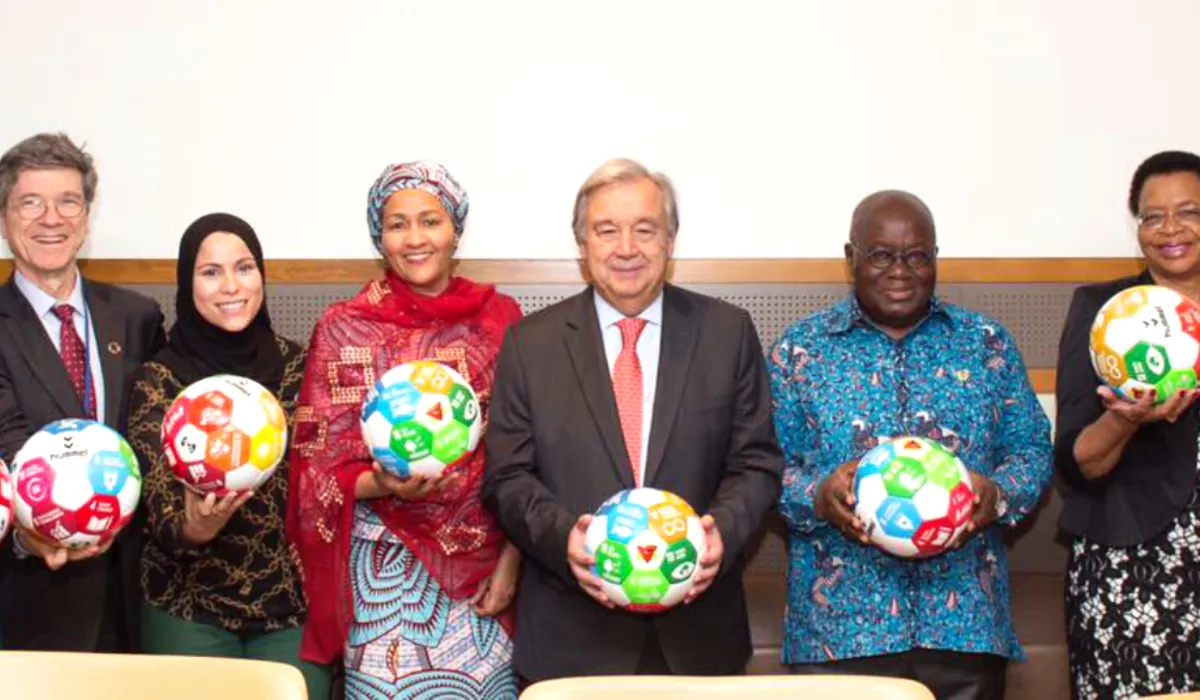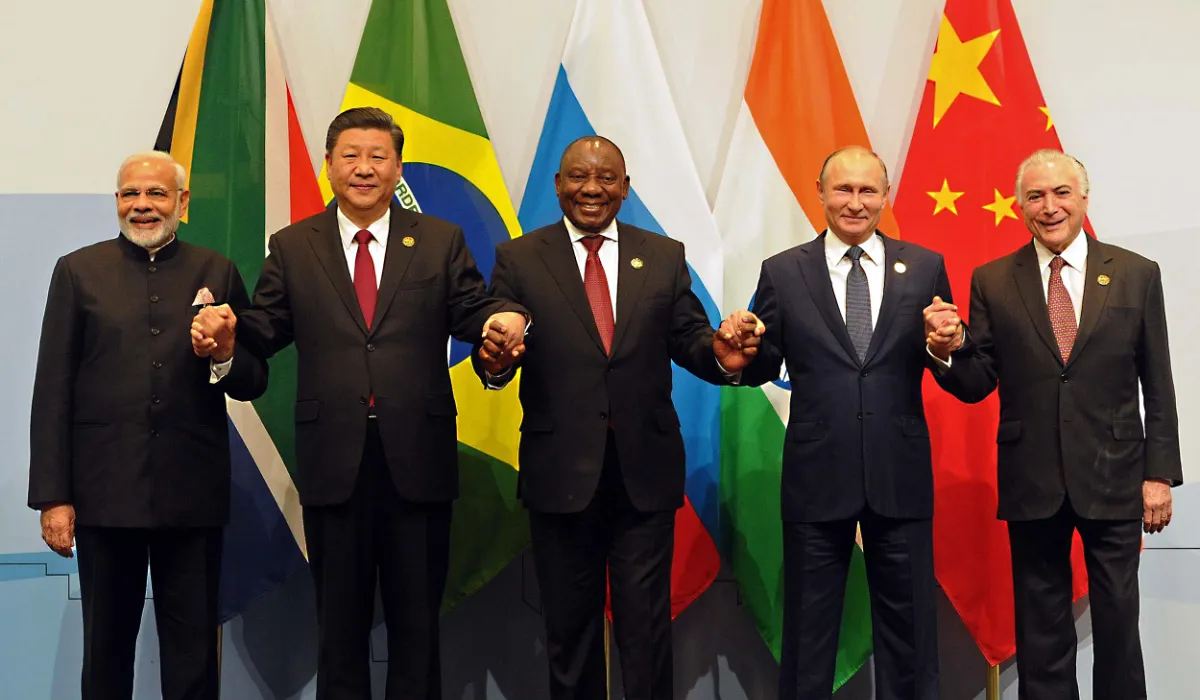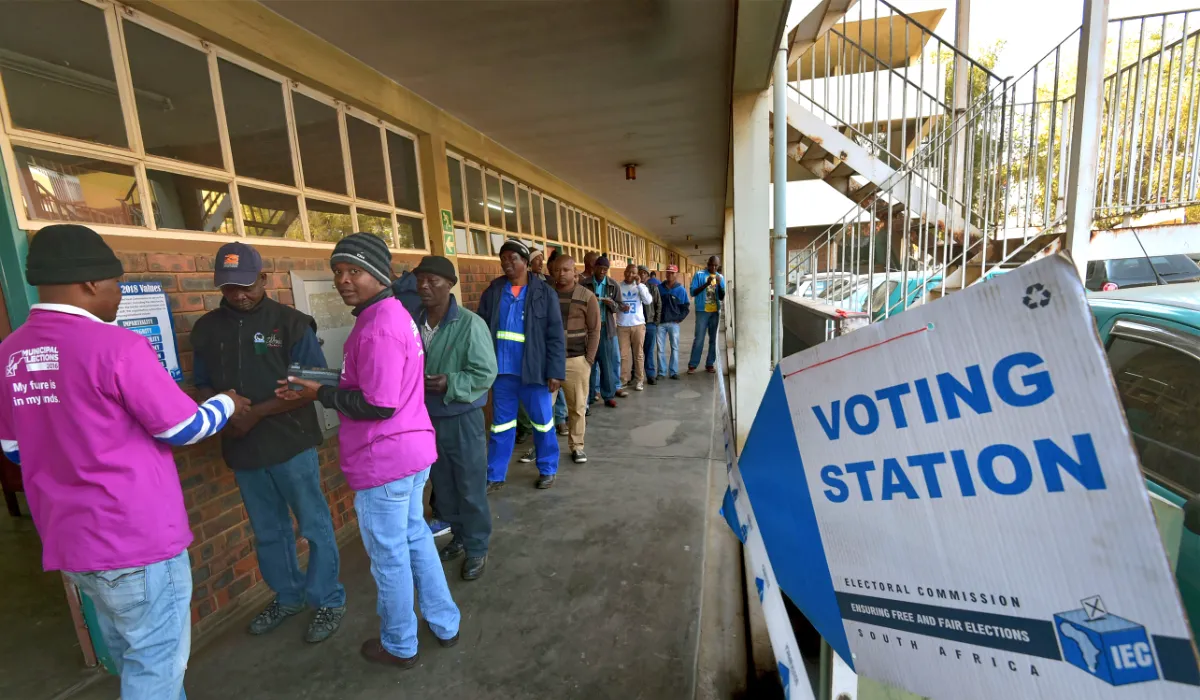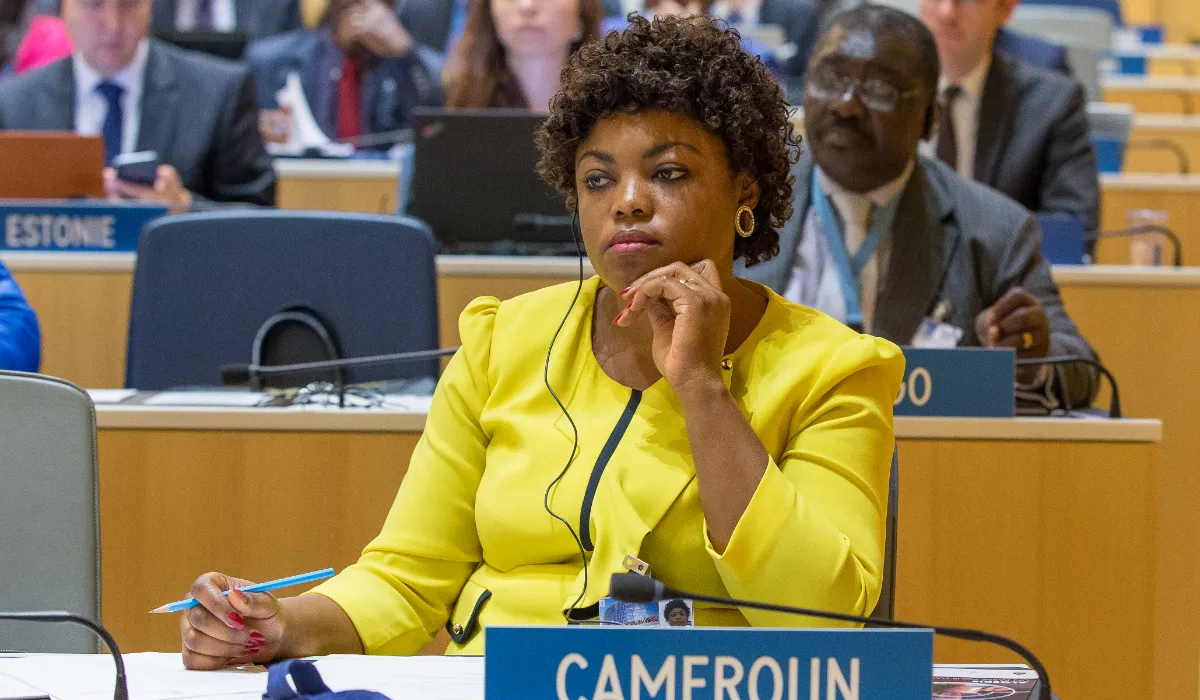On 25 May we celebrated Africa Day, and this issue of the Monitor continues the focus on Africa with an article by H.E. Graça Machel, the Chair of ACCORD’s Board of Trustees, on the powerful role of African women in conflict resolution and peacebuilding. In it she highlights examples of women’s groundbreaking contribution to peace and security on the continent and advocates for increased representation. As 29 May marks International Day of United Nations Peacekeepers, we feature an article by El-Ghassim Wane that assesses MINUSMA’s withdrawal from Mali. The third article by Dr Jide Okeke reviews the findings of the 2023 Human Development Report.
Cedric de Coning, points out how South Africa has and can position itself as a leader in the contemporary changing Global Order in the fourth article. As South Africa gears up for its general elections this month, Boikanyo Nkwatle and Collin Mongale penned our fifth article assessing the resilience of the country’s electoral institutions against political pressure. Finally, Ms Lynda Forkwa dissects the digital dimension of women’s peacebuilding efforts in Cameroon.

